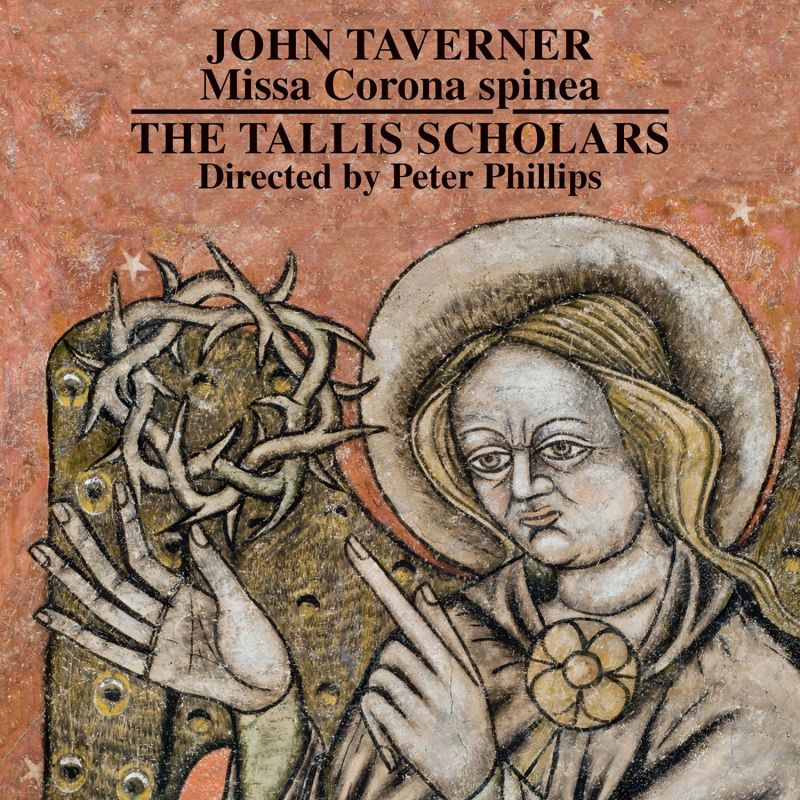TAVERNER Missa Corona spinea
View record and artist detailsRecord and Artist Details
Composer or Director: John Taverner, Peter Philips
Genre:
Vocal
Label: Gimell
Magazine Review Date: 11/2015
Media Format: CD or Download
Media Runtime: 62
Mastering:
DDD
Catalogue Number: CDGIM046

Tracks:
| Composition | Artist Credit |
|---|---|
| Missa Corona spinea |
John Taverner, Composer
John Taverner, Composer Peter Philips, Composer Tallis Scholars |
| Dum transisset Sabbatum I |
John Taverner, Composer
John Taverner, Composer Peter Philips, Composer Tallis Scholars |
| Dum transisset Sabbatum II |
John Taverner, Composer
John Taverner, Composer Peter Philips, Composer Tallis Scholars |
Author: David Fallows
As I also said two years ago, the makeup of that recording, with the three Magnificat settings of Taverner, looked very much as though Phillips was aiming towards an intégrale of Taverner’s music. Here he adds the two five-voice Dum transisset Sabbatum settings, once again creating a package that will fit logically into a complete set. That would be a most marvellous contribution to the catalogue: Taverner is a seriously great composer but somehow not as widely recognised as, say, Tallis and Byrd.
What I like slightly less is the balance. The high pitch that Phillips adopts leaves the sopranos consistently singing very high indeed: as before, Janet Coxwell and Amy Hawarth are absolutely amazing in this work with perhaps the most complex soprano lines of the entire 16th century; but they do also occasionally sound forced and tired, and my own preference would be for the pitch-level a semitone lower adopted by Christophers and The Sixteen. About 20 years ago there was a lot of discussion of appropriate pitches for English polyphony of the 16th century: there was little agreement except on the point that it was too inflexible simply to jack everything up a minor third from modern concert pitch. This The Tallis Scholars are still doing, and I’m not sure it’s a good solution. All the same, it is a gorgeous recording, and I take pleasure in welcoming it in the same week that The Tallis Scholars are giving their 2000th concert: keep going!
Discover the world's largest classical music catalogue with Presto Music.

Gramophone Digital Club
- Digital Edition
- Digital Archive
- Reviews Database
- Full website access
From £8.75 / month
Subscribe
Gramophone Full Club
- Print Edition
- Digital Edition
- Digital Archive
- Reviews Database
- Full website access
From £11.00 / month
Subscribe
If you are a library, university or other organisation that would be interested in an institutional subscription to Gramophone please click here for further information.




